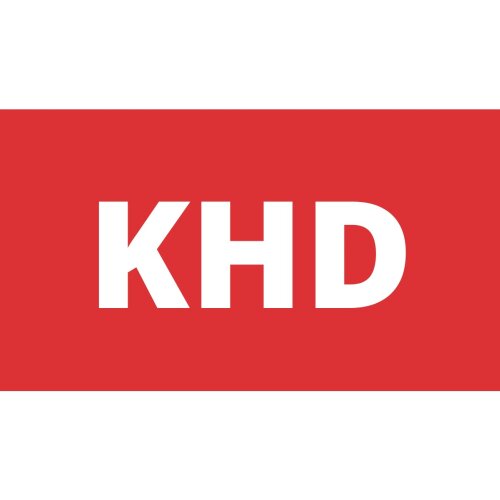Best Biotechnology Lawyers in Hanoi
Share your needs with us, get contacted by law firms.
Free. Takes 2 min.
List of the best lawyers in Hanoi, Vietnam
About Biotechnology Law in Hanoi, Vietnam
Biotechnology in Hanoi, Vietnam, is a rapidly developing field attracting significant domestic and international investment. The area is governed by a combination of national laws, notably the Law on Intellectual Property, as well as various international treaties, such as the Cartagena Protocol on Biosafety. Biotechnology law encompasses areas such as intellectual property rights, biosafety issues, data protection, and ethical considerations. It is paramount for entities operating in this sector to fully understand and comply with these complex regulations.
Why You May Need a Lawyer
As biotechnology merges scientific advancements with legal regulations, understanding the legal landscape becomes critical. You may need a lawyer for various reasons, including: patent filing and intellectual property rights protection, addressing biosafety concerns, litigation in cases of infringement, and adherence to ethical and privacy standards pertinent to the sector. A qualified lawyer can not only help manage legal risks but could also serve as a strategic advisor, helping navigate the complexities of the biotech industry.
Local Laws Overview
Vietnam has a comprehensive set of laws in place to manage the biotech sector. Key ones include Decree No. 55/2019/ND-CP on national scientific and technological task management, Law on Bidding related to technology transfer, and Law on Intellectual Property which deals with patent laws and protection. Crucially, the country's biosafety regulation, managed by the Ministry of Agriculture and Rural Development, focuses on risk assessment, public consultation, and other components relevant to biotech activities. Understanding these laws is crucial to operate compliantly and successfully in the sector.
Frequently Asked Questions
1. What governmental entities regulate biotech in Hanoi?
The Ministry of Agriculture and Rural Development, Ministry of Science and Technology, and Ministry of Health are the main government bodies regulating the biotech sector.
2. How is research and development in biotech financed in Vietnam?
Funding typically comes from the state budget, business investments, international grants, and other non-state sources.
3. How are biotech products labelled in Vietnam?
Decision No. 45/2006/QD-BYT requires that food products with genetically engineered ingredients be clearly labelled accordingly.
4. How can foreign biotech companies operate in Hanoi?
Foreign companies can operate through direct investment, joint ventures, or business cooperation contracts. However, they must comply with all local laws and regulations.
5. What’s the legal timeline for patent protection on a biotech invention?
In Vietnam, patent protection on a biotech invention can be granted for 20 years, subject to payment of annual fees.
Additional Resources
Additional resources for more information include the Ministry of Agriculture and Rural Development (MARD), Ministry of Science and Technology (MOST), the National Office of Intellectual Property (NOIP) and the Vietnam Bio Association. These bodies provide important updates and guidance on the sector's policies and regulations.
Next Steps
If you need legal assistance in the biotech sector in Hanoi, consider reaching out to a local law firm with specific expertise in biotechnology. Many provide initial consultations to understand your needs. Additionally, getting in touch with industry associations and regulatory bodies can provide practical guidance and relevant contacts.
Lawzana helps you find the best lawyers and law firms in Hanoi through a curated and pre-screened list of qualified legal professionals. Our platform offers rankings and detailed profiles of attorneys and law firms, allowing you to compare based on practice areas, including Biotechnology, experience, and client feedback.
Each profile includes a description of the firm's areas of practice, client reviews, team members and partners, year of establishment, spoken languages, office locations, contact information, social media presence, and any published articles or resources. Most firms on our platform speak English and are experienced in both local and international legal matters.
Get a quote from top-rated law firms in Hanoi, Vietnam — quickly, securely, and without unnecessary hassle.
Disclaimer:
The information provided on this page is for general informational purposes only and does not constitute legal advice. While we strive to ensure the accuracy and relevance of the content, legal information may change over time, and interpretations of the law can vary. You should always consult with a qualified legal professional for advice specific to your situation.
We disclaim all liability for actions taken or not taken based on the content of this page. If you believe any information is incorrect or outdated, please contact us, and we will review and update it where appropriate.












